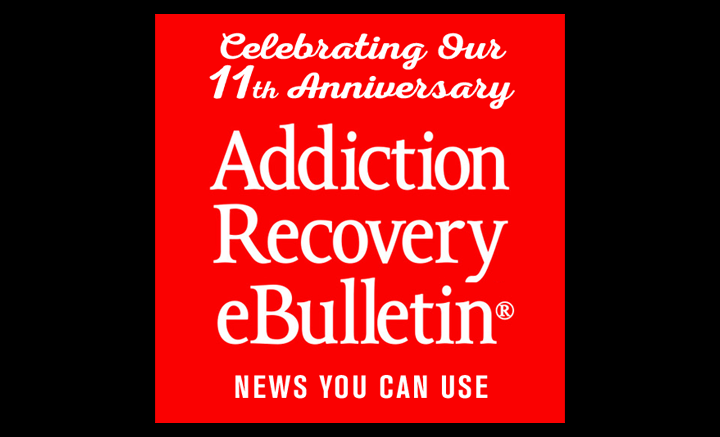Eight hours to salvation –
April 2, 2020 – Brain imaging over the past 20 years has taught scientists a lot about how these drugs act on different areas of the brain, says first author David Nutt, a professor and neuropharmacologist at Imperial College London. “There’s mechanistic evidence in humans of how these drugs affect the brain,” he says. “By back-translating from humans to rodent models, we can see how these drugs produce the powerful neuroplastic changes that explain the long-term alterations we see in humans.”
Nutt is a prominent proponent of conducting controlled trials to examine the potential benefits of psychedelics. He is also chair of the scientific advisory board for COMPASS Pathways, a for-profit company that is leading clinical research to test the safety and efficacy of psilocybin-assisted therapy for treatment-resistant depression. The treatment has been granted breakthrough therapy designation from the US Food and Drug Administration. The group also plans to launch a similar study for obsessive-compulsive disorder.



